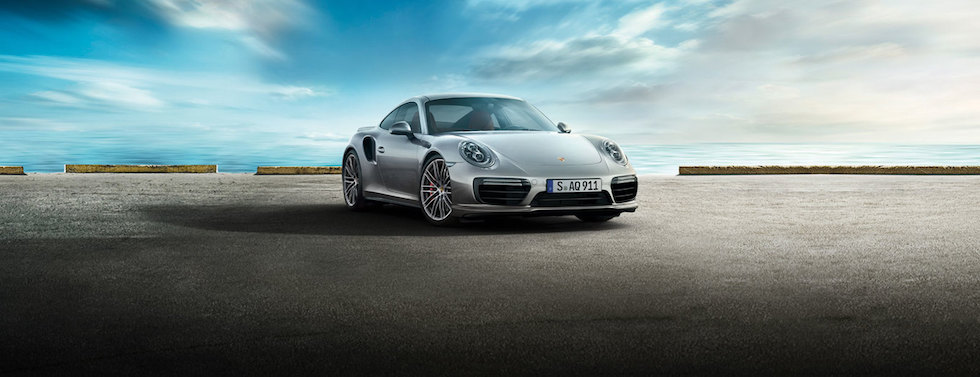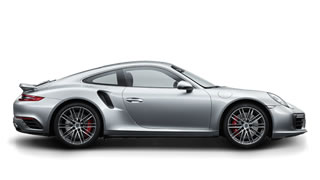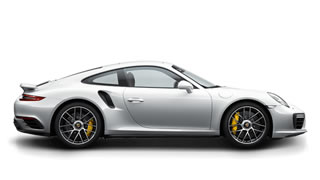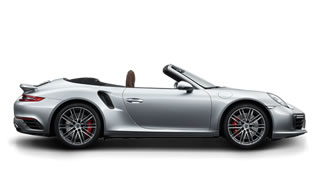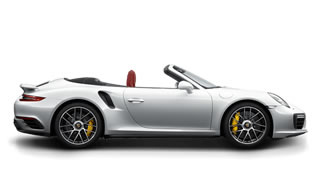Porsche Riverside
8423 Indiana Ave. Riverside, CA 92504Check Out Our Inventory
2018 Porsche 911 Turbo Overview 
2018 Porsche 911 Turbo in Riverside
Porsche 911 Turbo Dealer in Riverside
2018 Porsche 911 Turbo Performance 
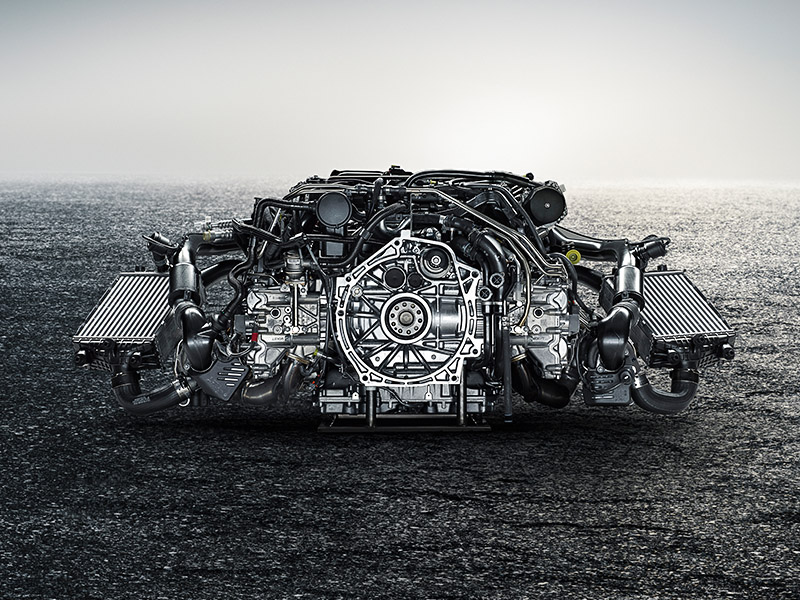
Engines
Presence requires a strong foundation. On the 911 Turbo models, this is the 3.8-liter, twin-turbo six-cylinder engine at the rear. The engine of the 911 has the typical horizontally opposed arrangement for excellent balancing of masses and low vibration. The drive unit’s low position at the rear gives the vehicle a low center of gravity. Two exhaust turbochargers with variable turbine geometry (VTG) make for a dynamic response, high torque and exceptional performance figures.
The engine comes in two power levels. In the 911 Turbo and the 911 Turbo Cabriolet, it delivers 397 kW (540 hp).
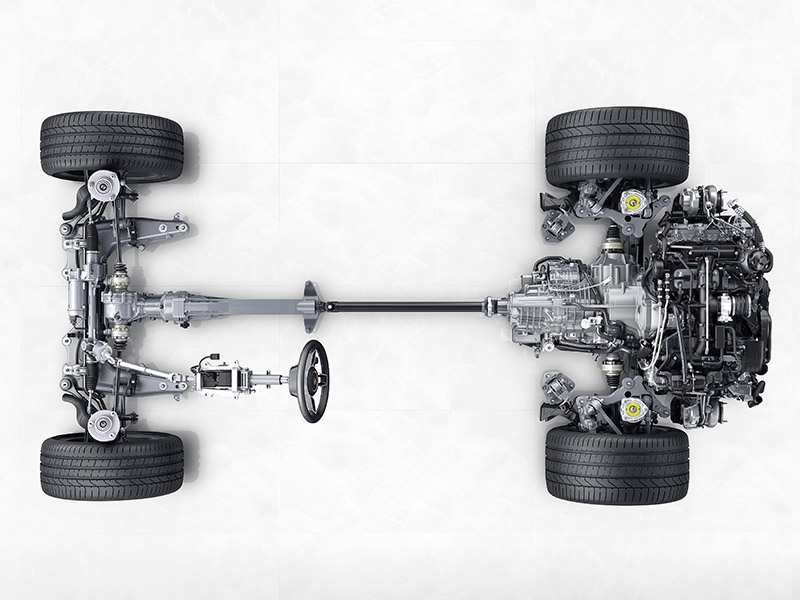
Porsche Traction Management (PTM)
Provided as standard, Porsche Traction Management (PTM) is an active all-wheel drive system with an electronically variable map-controlled multi-plate clutch. It distributes drive power between the permanently driven rear axle and the front axle.
If, for example, the rear wheels begin to lose traction under acceleration, a greater proportion of the drive power is automatically transmitted to the front axle by a more positive engagement of the multi-plate clutch. In addition, antislip regulation (ASR) prevents wheel spin. During cornering, the optimal level of drive power is distributed to the front wheels to help to ensure excellent lateral stability. In conjunction with Porsche Stability Management (PSM), PTM helps to ensure the perfect distribution of drive power for optimum traction in most road scenarios.
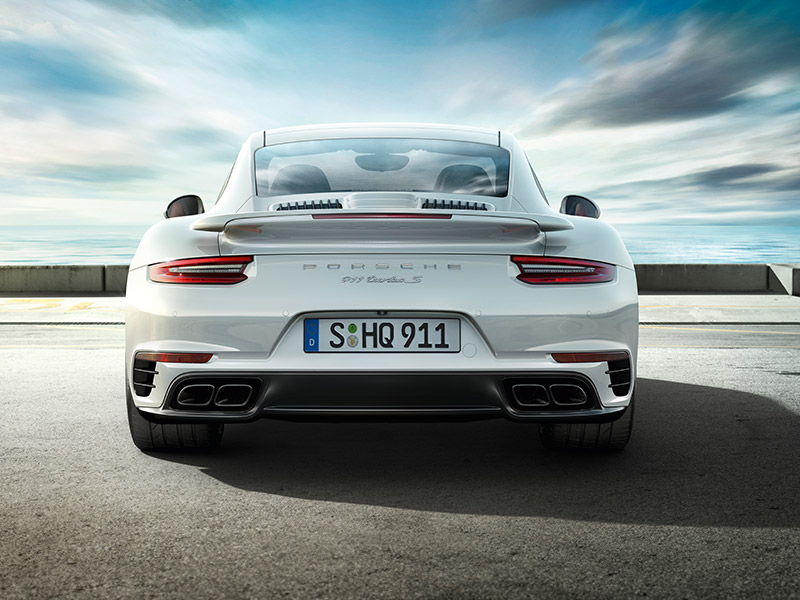
Dynamic engine mounts
The electronically controlled system minimizes the oscillations and vibrations of the entire drivetrain, especially the engine, and combines the benefits of a hard or soft engine mounting arrangement. The outcome is increased stability and ride comfort.
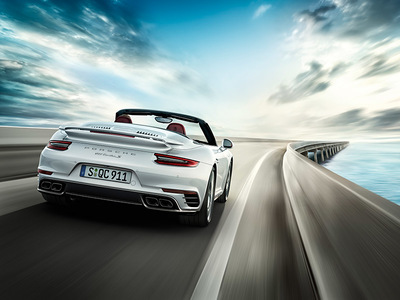
Rear axle steering
Thanks to the rear axle steering, everyday usability and performance have both been equally increased. At speeds up to TBD mph, the system steers the rear wheels in the opposite direction to that of the front wheels. This has the virtual effect of shortening the wheelbase. The turning circle is reduced, steering into corners becomes much more dynamic and parking is noticeably easier.
2018 Porsche 911 Turbo Appearance 
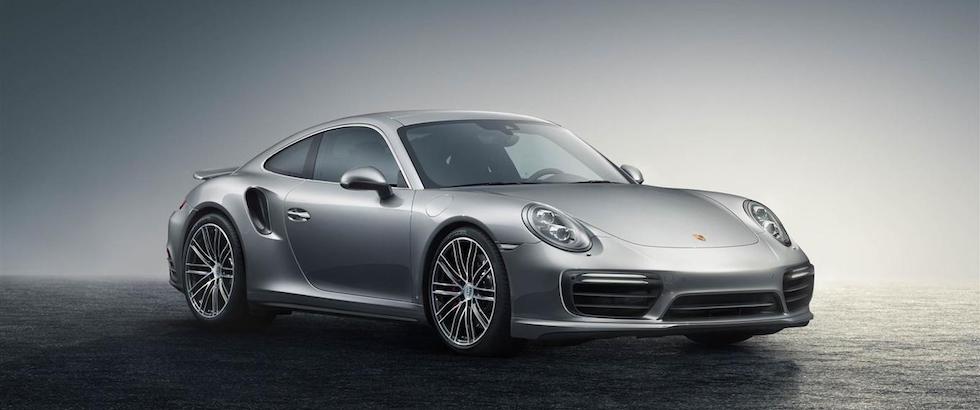
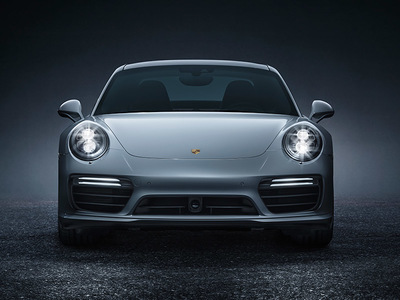
LED headlights
The inner workings of the LED headlights fitted as standard consist of two housings arranged at different levels. Daytime running lights are integrated into each headlight in the form of four LED spots encircled by a light ring. The effect? Resembling daylight, the LED light is very bright, thus ensuring excellent illumination of the road ahead. Thanks to optimized close-range, side and distance lighting and the daylight-like coloring, your eyes become tired less quickly than with other systems.
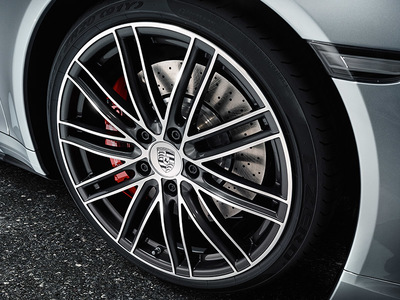
Wheels
Forged, of course, to reduce weight and unsprung masses. With highly polished wheel center. This partially black painted and highly polished aluminium wheel has been forged. It is especially light and sets standards in driving comfort and performance as well as in design. With central locking device including chrome-plated wheel center with full colour Porsche Crest – and anti-theft protection.
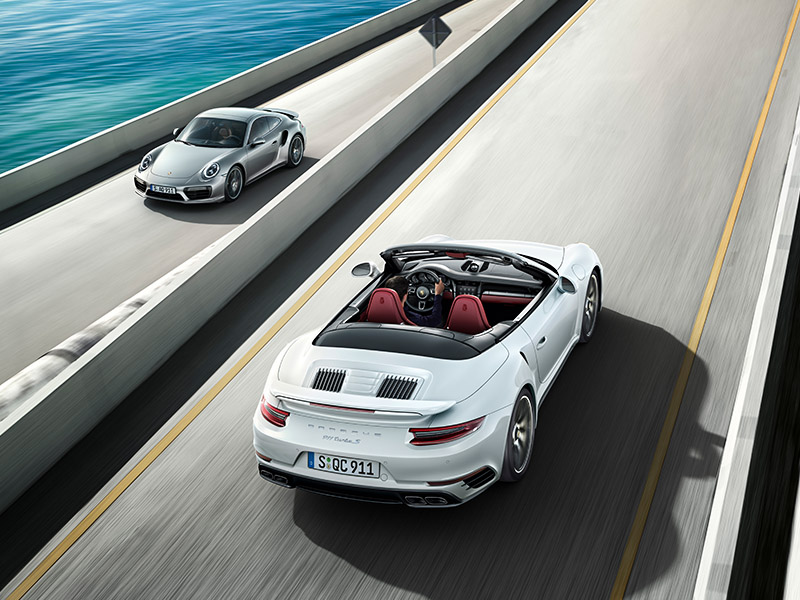
Exterior design
That is the way we do things. The Porsche way. A case of refining the ingredients rather than changing the recipe. Examples on the 911 Turbo models include the new front section with its equally new front lights, as well as the black airblades. Powerful design serves to emphasize the vehicle’s dynamism. LED headlights with four-point daytime running lights are part of the standard specification of all models. The door handles are integrated into the vehicle even more harmoniously than before, while the forged wheels have become more intricate.
2018 Porsche 911 Turbo Comfort 
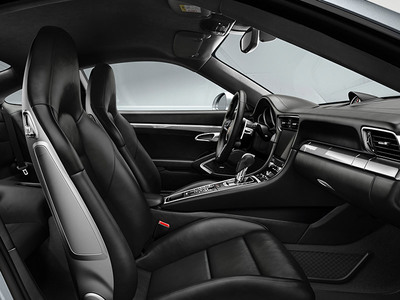
Interior
The interior materials are of high quality – with a sporty character. 911 Turbo models have the interior leather package as standard, including leather seats, dashboard and door and side panel trim. Alcantara® has proven its credentials in motorsport and is used as a standard for the roof lining of the Coupé models. On the 911 Turbo S models, the decorative trims for the dashboard, center console, and door trims are finished in carbon. With two-tone color combinations or special colours and with materials such as carbon, aluminium, and mahogany, there is plenty of scope for personalisation.
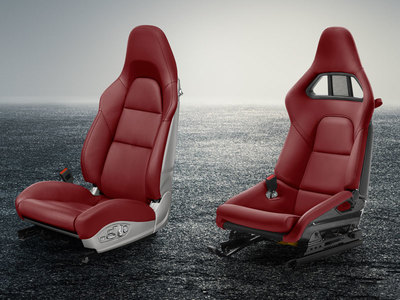
Fully electric Sport seats
They offer electric adjustment of seat height, backrest angle, squab angle and squab depth, along with fore/aft position and four-way lumbar support. The integrated memory package supports the exterior mirrors and all seat positions on the driver’s side as well as settings for the steering wheel, lights, wipers, air conditioning, door locks, PCM and instrument cluster.
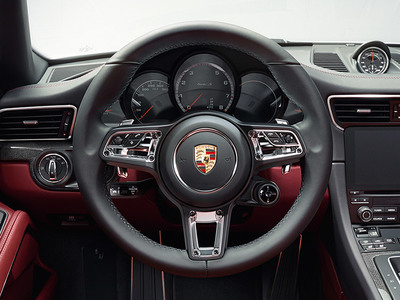
Sport steering wheel
The new GT sports steering wheel features electric height and reach adjustment, a MODE switch with SPORT Response button and two gearshift paddles made from an alloy. They are ergonomically located behind the left- and right-hand steering wheel spokes. As an option, the steering wheel is available with multifunction controls for operating audio and communications functions, as well as the on-board computer. The steering wheel rim can then also be heated by pressing a button on the steering wheel.
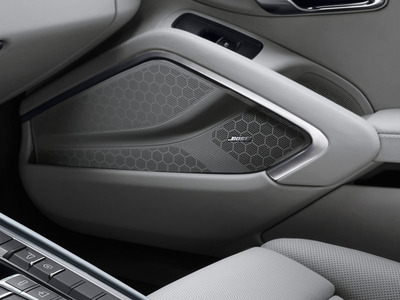
BOSE® Surround Sound System
The surround sound system from BOSE® that is fitted as standard is perfectly tuned to the specific interior acoustics of the 911 Turbo models. 12 loudspeakers. A total output of 555 watts. For impressive sound quality. In the 911 Turbo models, the subwoofer amplifier is integrated into the main amplifier, thus saving six kilograms in weight. The fully active system design makes it possible to adjust each individual loudspeaker optimally to the vehicle interior – and transforms your 911 Turbo into a concert hall. An exceptionally fast one.
2018 Porsche 911 Turbo Safety 
New Car Limited Warranty & Porsche 24-Hour Roadside Assistance Program for 4-Years / 50,000 Miles (whichever occurs first)
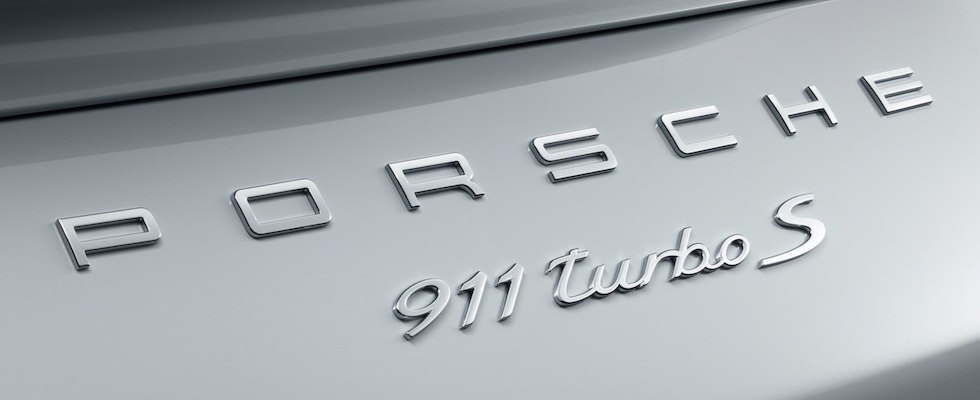
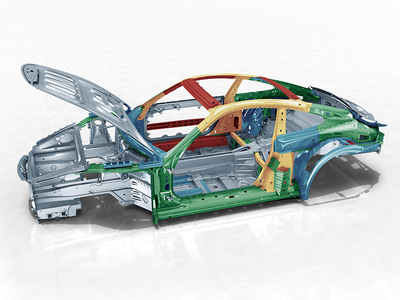
Vehicle body
The innovative bodyshell of the 911 Turbo models fulfils two structural design requirements: first, excellent driving dynamics due to the body’s extremely high rigidity. Second, a saving in vehicle weight primarily because of the intelligent lightweight construction. State-of-the-art techniques are used to combine various materials in order to utilise specific material properties exactly where they are needed. For the bodyshell, therefore, we used very thin, but nevertheless extremely rigid, sheets of steel. Aluminium was utilized extensively in areas such as the roof, underbody, doors, engine compartment and luggage compartment lids.
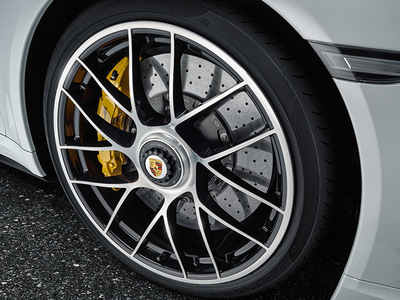
Brakes
We place just as much importance on braking performance as performance generally. On the 911 Turbo models, the brakes feature red six-piston aluminium monobloc fixed calipers at the front and four-piston aluminium monobloc fixed calipers at the rear. The brake disc diameter is 380 mm front and rear. The brake calipers have an enclosed monobloc construction. This makes them tougher but lighter, enabling a more rapid response and release of the brake, even under extreme loads. The pedal travel is short and the biting point precise. The brake discs are cross-drilled for better performance in the wet.
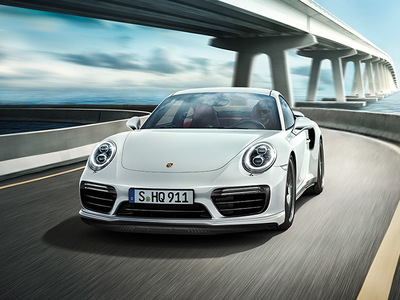
Porsche Stability Management (PSM)
PSM is an automatic control system for stabilization when driving at the limits of performance. Under acceleration on wet or low-grip road surfaces, PSM improves traction using the automatic brake differential (ABD) and anti-slip regulation (ASR). For a high level of stability combined with exceptional agility. In SPORT mode, the trigger threshold for PSM is raised. Agility is perceptibly enhanced when braking for corners with PSM, allowing very sporty braking and exit acceleration. For maximum dexterity, PSM can be set to standby. Although, if desired, it’s still there in the background.
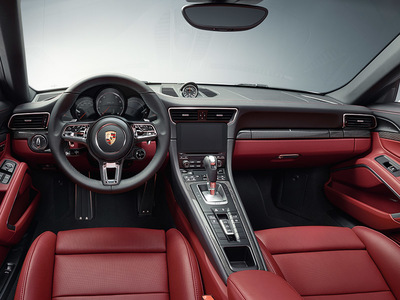
Airbags and Porsche Side Impact Protection System (POSIP)
The full-size airbags for the driver and front passenger inflate in two stages depending on the severity and type of accident. In less serious accidents, the airbags are only partially inflated. The Porsche Side Impact Protection System (POSIP) comprises side impact protection elements in the doors and two airbags on each side: an integral thorax airbag is located in the seat side bolsters, while the door panels each contain a head airbag – ensuring excellent protection in the event of a side impact.
2018 Porsche 911 Turbo Specification 

Width: 74.02 in.
Length: 177.44 in.
Specs reflect base model unless otherwise noted.
| Engine | PDK |
|---|---|
| Cylinder layout / number of cylinders | Boxer 6 |
| Displacement | 3.8 l |
| Engine layout | Rear engine |
| Horsepower | 540 hp |
| Max. Torque | 523 lb.-ft. |
| Compression ratio | 9.8 : 1 |
| Performance | PDK |
| Top Track Speed | 198 mph |
| 0 - 60 mph | 2.9 sec with Sport Chrono |
| Transmission | PDK |
| Driveline layout | All-wheel drive |
| Other | |
| Luggage compartment volume | TBD ft³ |
| Fuel Tank Capacity | 17.9 gal. |
| Body | PDK |
|---|---|
| Length | 177.44 in. |
| Width | 74.02 in. |
| Height | 51.06 in. |
| Wheelbase | 96.46 in. |
| Drag coefficient (Cd) | 0.31 |
| Curb weight | TBD lbs |
| Towing capacity (braked / unbraked) | - / - |
| Gross Vehicle Weight Rating (GVWR) | TBD lbs |
| Fuel Consumption | PDK |
|---|---|
| City (estimate) | 19 mpg |
| Highway (estimate) | 24 mpg |
| Combined (estimate) | 21 mpg |
Check Out Our Inventory
Disclaimers
- * For up-to-date pricing and disclaimer information please contact your local dealer.
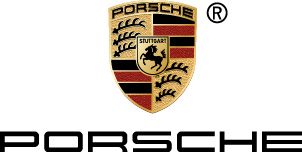
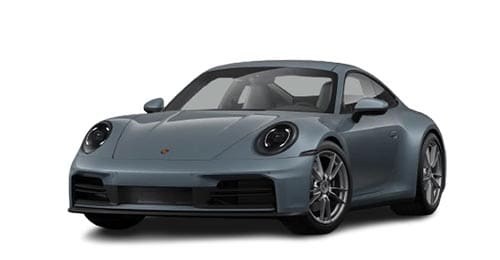 2026 911 Carrera
2026 911 Carrera
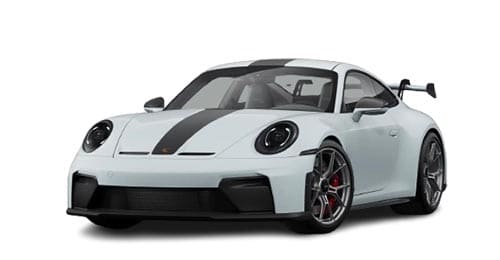 2026 911 GT3
2026 911 GT3
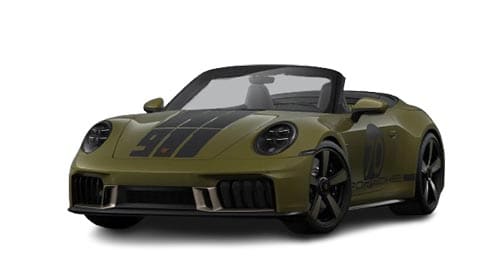 2026 911 Spirit 70
2026 911 Spirit 70
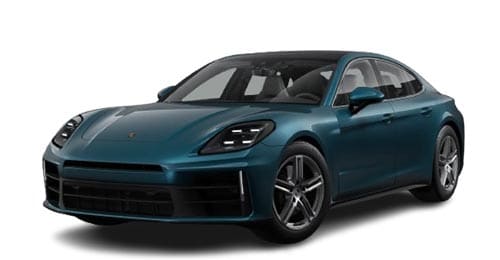 2026 Panamera
2026 Panamera
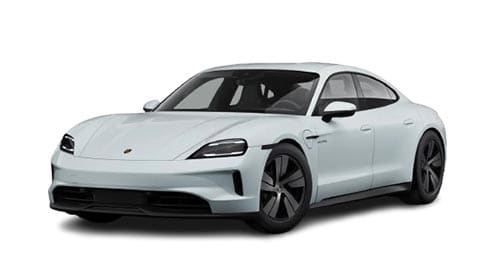 2026 Taycan
2026 Taycan
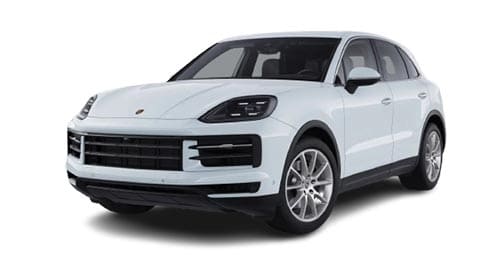 2026 Cayenne
2026 Cayenne
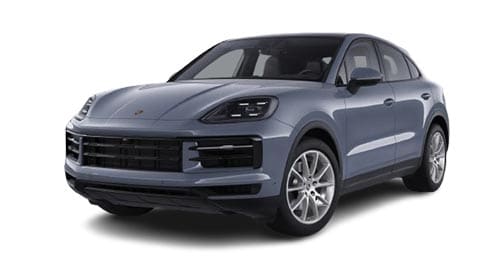 2026 Cayenne Coupe
2026 Cayenne Coupe
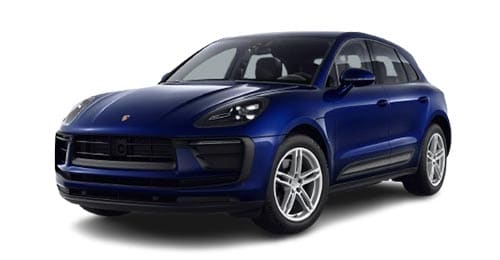 2026 Macan
2026 Macan
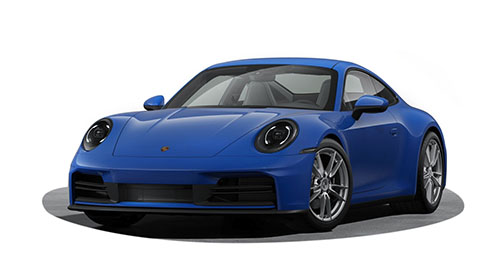 2025 911 Carrera
2025 911 Carrera
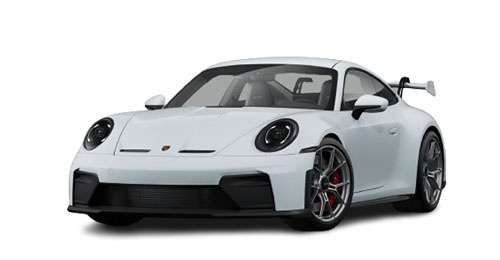 2025 911 GT3
2025 911 GT3
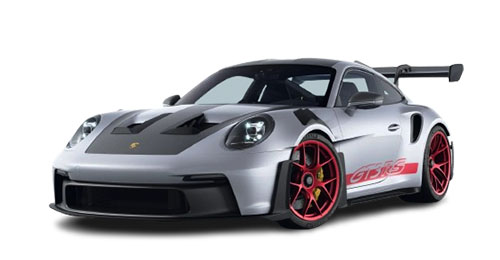 2025 911 GT3 RS
2025 911 GT3 RS
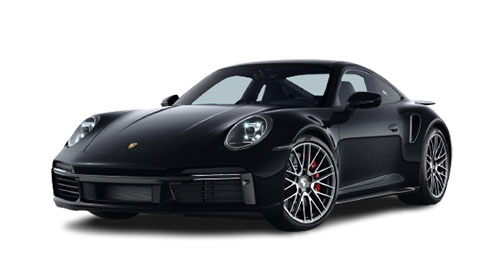 2025 911 Turbo
2025 911 Turbo
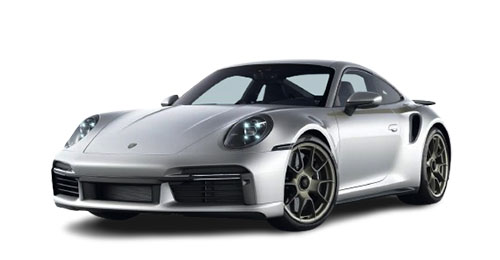 2025 911 Turbo 50 Years
2025 911 Turbo 50 Years
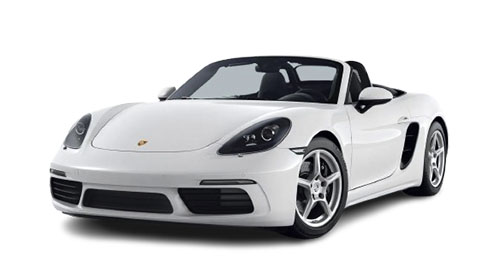 2025 718 Boxster
2025 718 Boxster
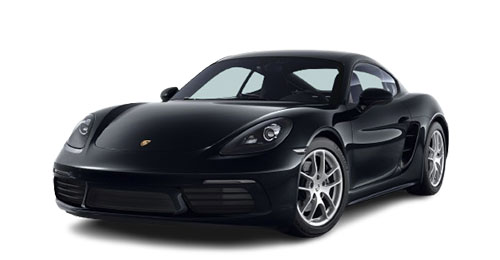 2025 718 Cayman
2025 718 Cayman
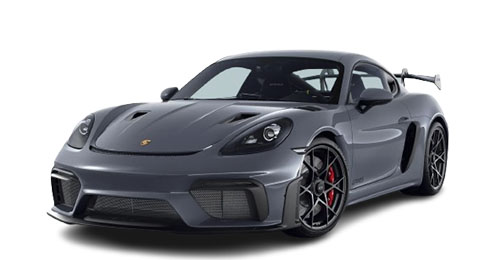 2025 718 Cayman GT4 RS
2025 718 Cayman GT4 RS
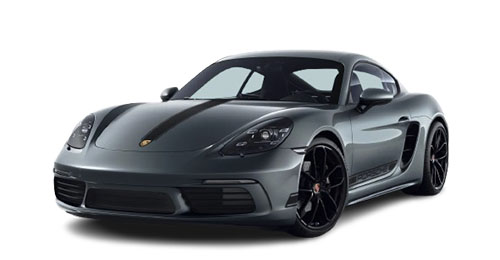 2025 718 Cayman Style Edition
2025 718 Cayman Style Edition
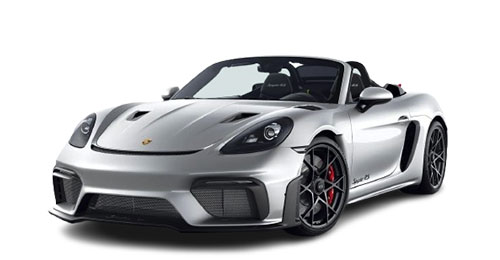 2025 718 Spyder RS
2025 718 Spyder RS
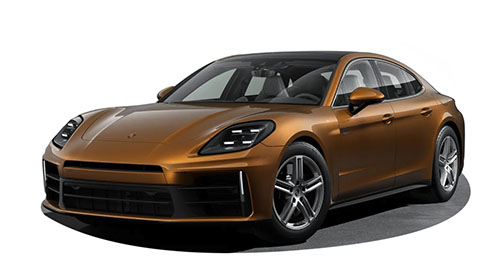 2025 Panamera
2025 Panamera
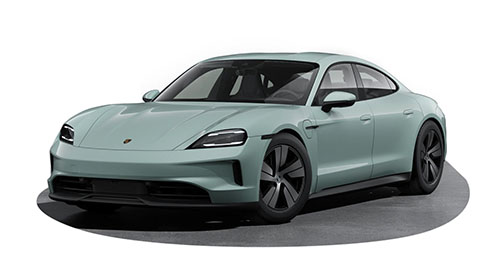 2025 Taycan
2025 Taycan
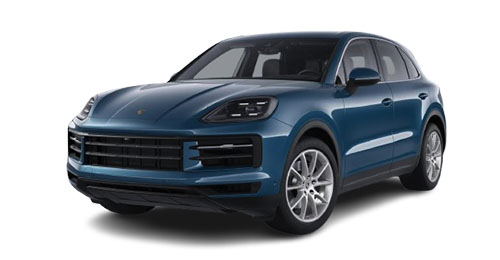 2025 Cayenne
2025 Cayenne
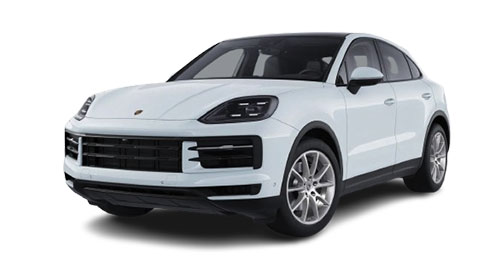 2025 Cayenne Coupe
2025 Cayenne Coupe
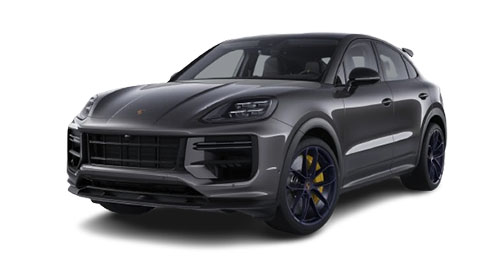 2025 Cayenne Turbo GT
2025 Cayenne Turbo GT
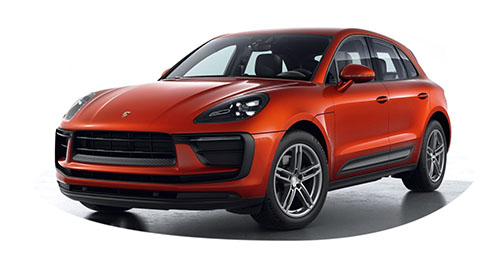 2025 Macan
2025 Macan
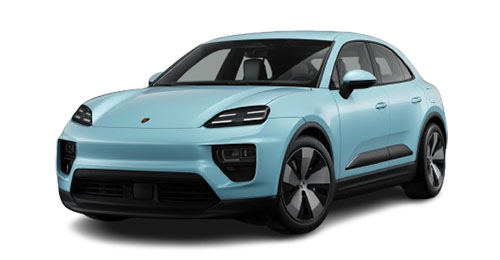 2025 Macan Electric
2025 Macan Electric
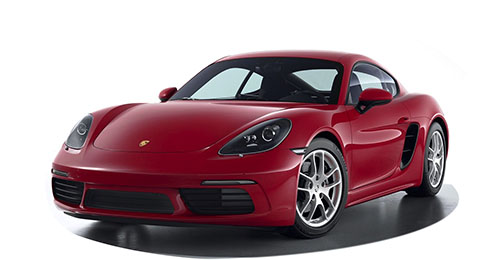 2024 718 Cayman
2024 718 Cayman
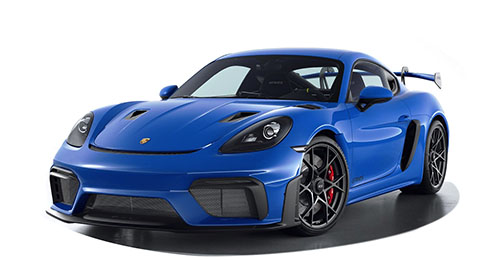 2024 718 Cayman GT4 RS
2024 718 Cayman GT4 RS
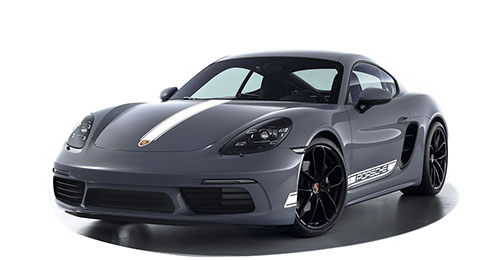 2024 718 Cayman Style Edition
2024 718 Cayman Style Edition
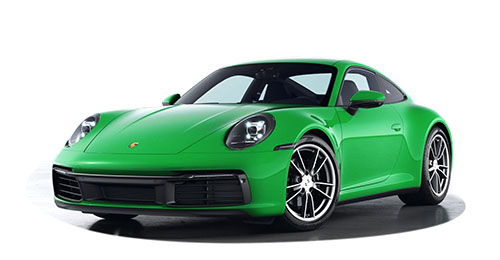 2024 911 Carrera
2024 911 Carrera
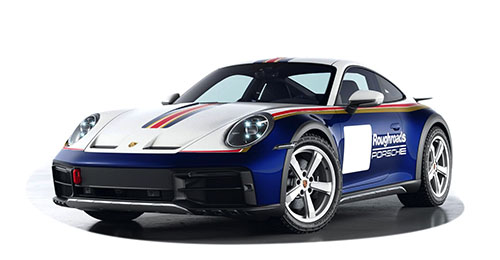 2024 911 Dakar
2024 911 Dakar
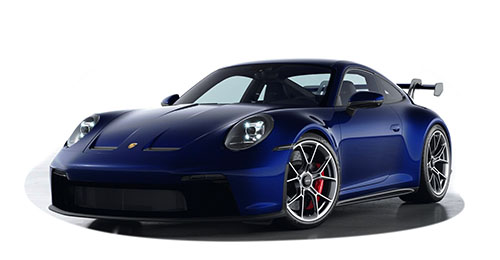 2024 911 GT3
2024 911 GT3
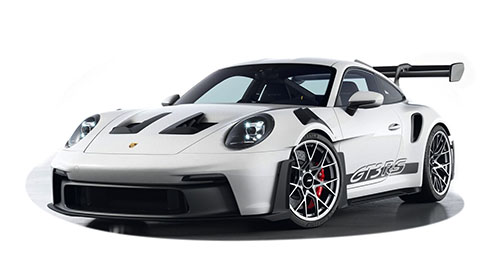 2024 911 GT3 RS
2024 911 GT3 RS
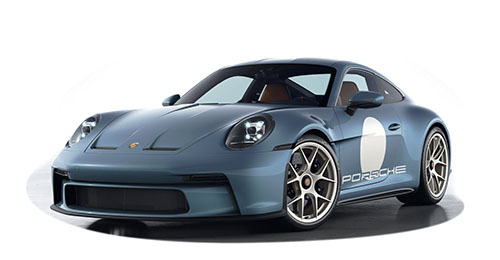 2024 911 ST
2024 911 ST
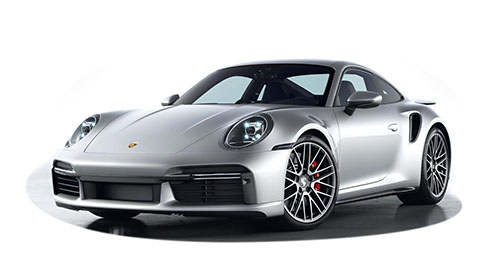 2024 911 Turbo
2024 911 Turbo
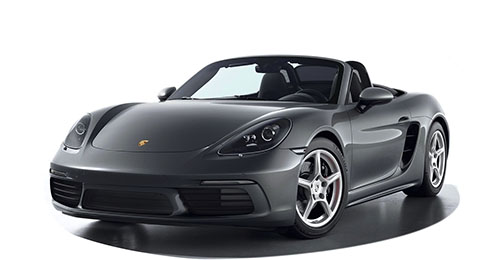 2024 718 Boxster
2024 718 Boxster
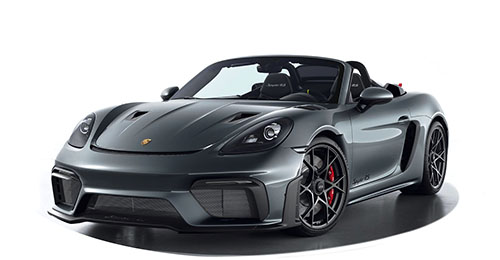 2024 718 Spyder RS
2024 718 Spyder RS
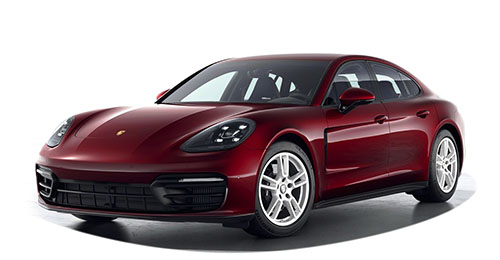 2024 Panamera
2024 Panamera
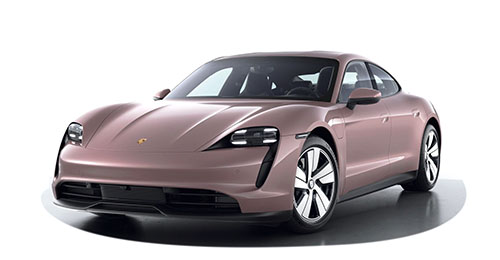 2024 Taycan
2024 Taycan
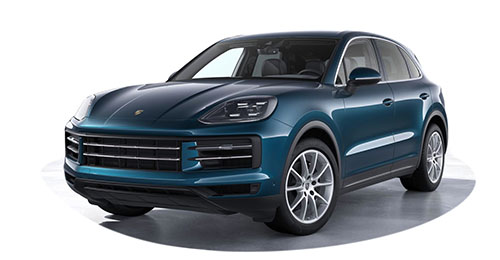 2024 Cayenne
2024 Cayenne
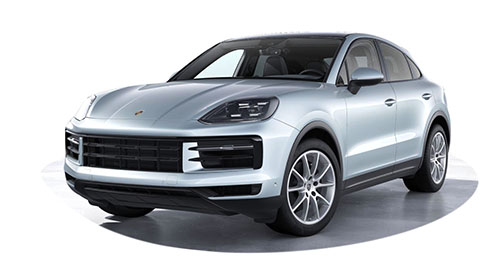 2024 Cayenne Coupe
2024 Cayenne Coupe
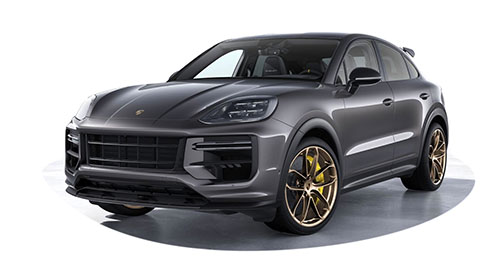 2024 Cayenne Turbo GT
2024 Cayenne Turbo GT
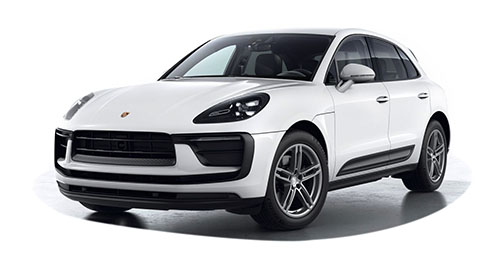 2024 Macan
2024 Macan
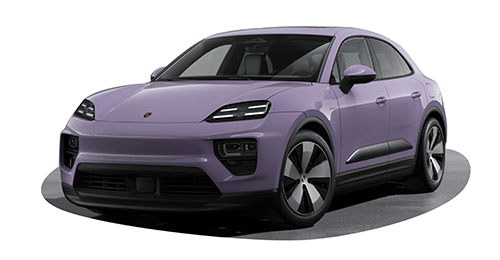 2024 Macan Electric
2024 Macan Electric
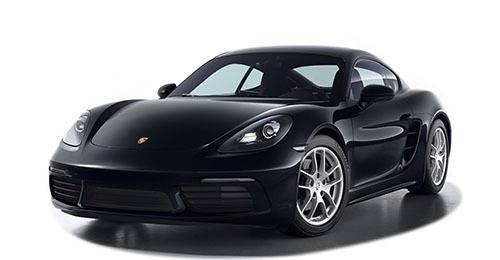 2023 718 Cayman
2023 718 Cayman
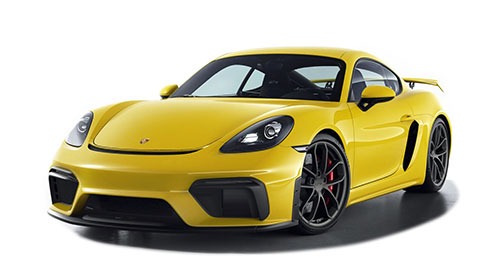 2023 718 Cayman GT4
2023 718 Cayman GT4
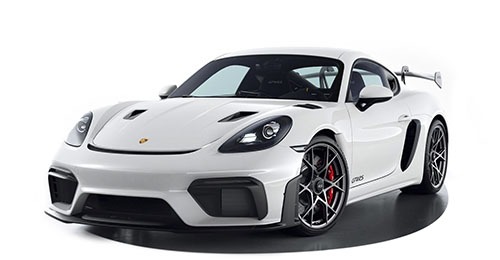 2023 718 Cayman GT4 RS
2023 718 Cayman GT4 RS
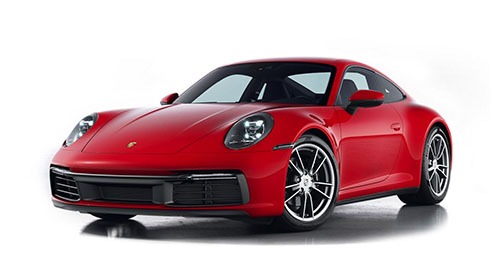 2023 911 Carrera
2023 911 Carrera
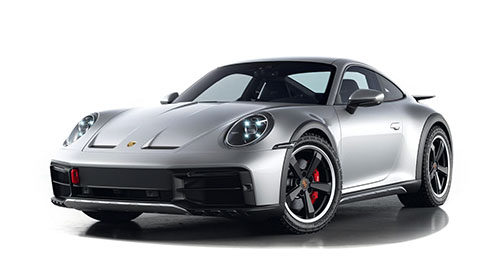 2023 911 Dakar
2023 911 Dakar
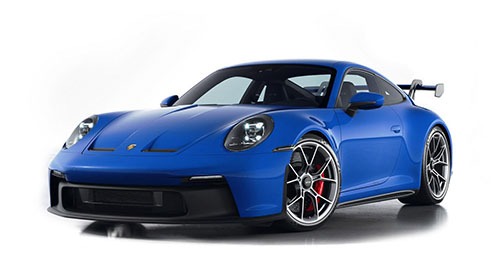 2023 911 GT3
2023 911 GT3
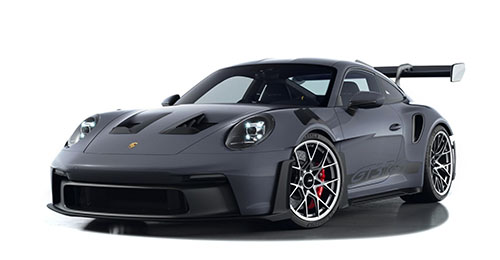 2023 911 GT3 RS
2023 911 GT3 RS
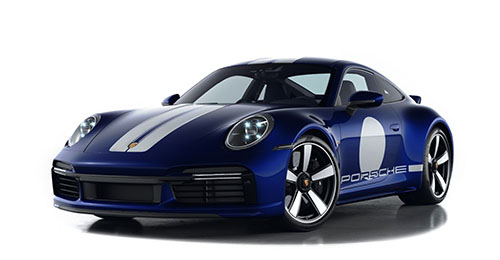 2023 911 Sport Classic
2023 911 Sport Classic
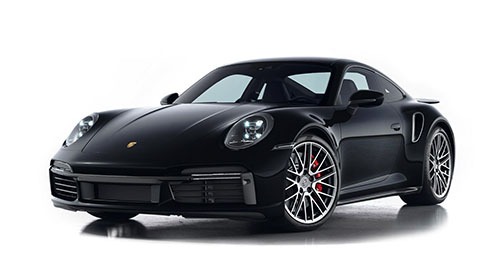 2023 911 Turbo
2023 911 Turbo
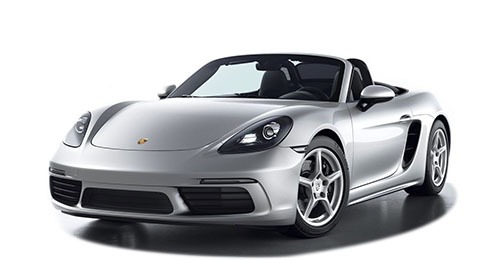 2023 718 Boxster
2023 718 Boxster
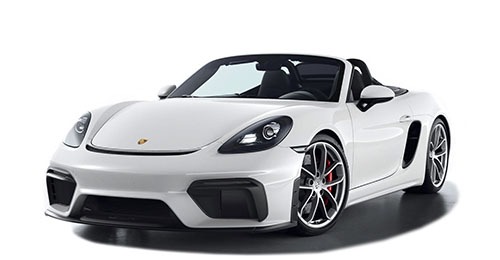 2023 718 Spyder
2023 718 Spyder
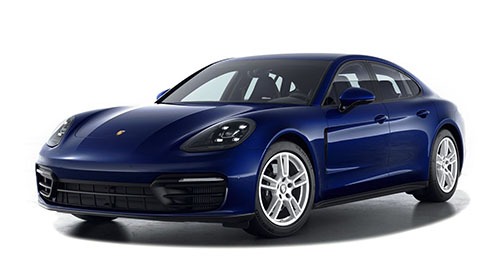 2023 Panamera
2023 Panamera
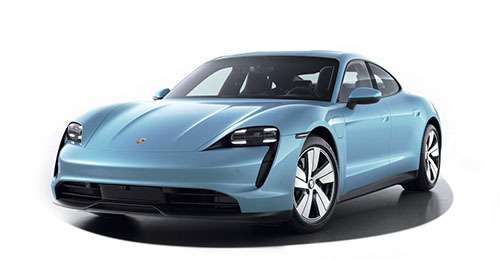 2023 Taycan
2023 Taycan
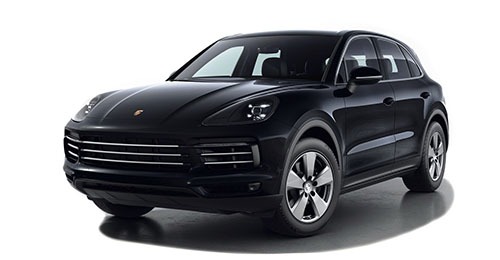 2023 Cayenne
2023 Cayenne
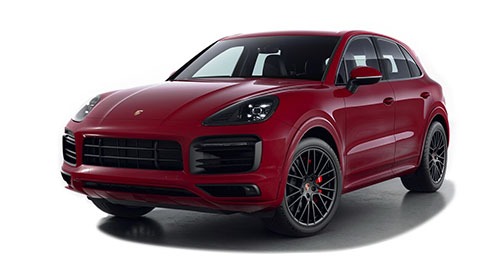 2023 Cayenne GTS
2023 Cayenne GTS
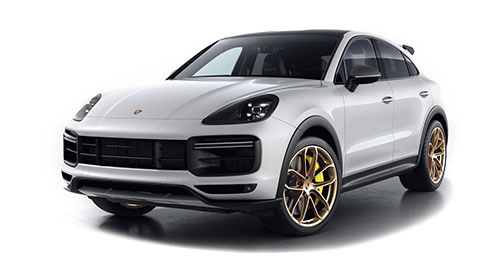 2023 Cayenne Turbo GT
2023 Cayenne Turbo GT
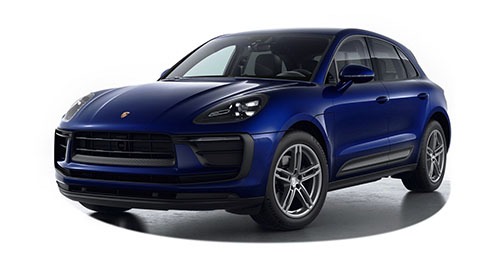 2023 Macan
2023 Macan
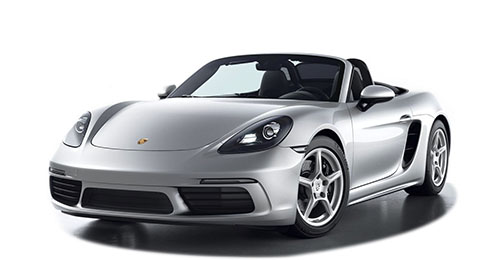 2022 718 Boxster
2022 718 Boxster
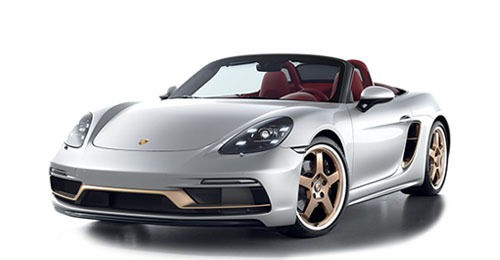 2022 718 Boxster 25 Years
2022 718 Boxster 25 Years
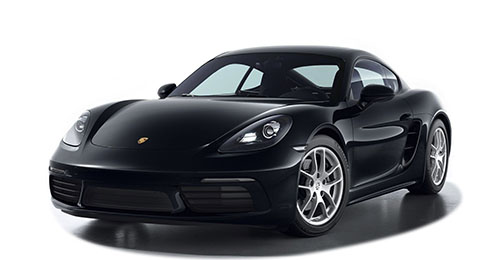 2022 718 Cayman
2022 718 Cayman
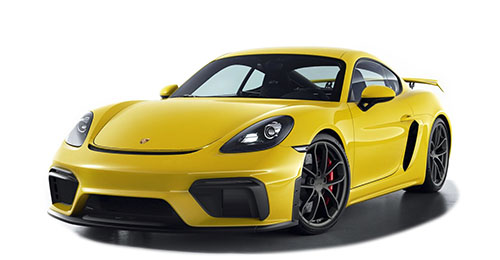 2022 718 Cayman GT4
2022 718 Cayman GT4
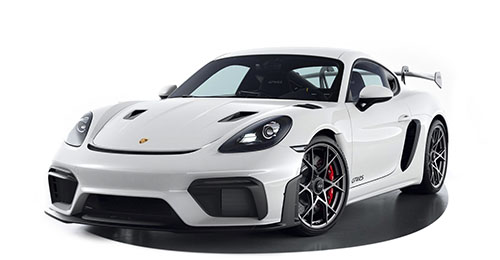 2022 718 Cayman GT4 RS
2022 718 Cayman GT4 RS
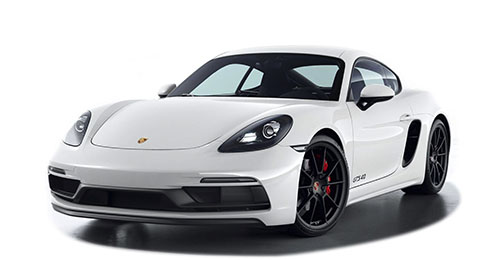 2022 718 GTS 4.0
2022 718 GTS 4.0
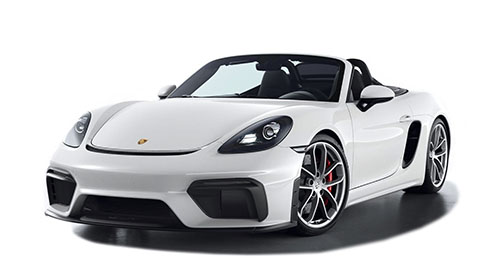 2022 718 Spyder
2022 718 Spyder
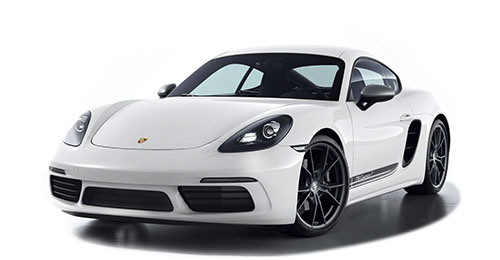 2022 718 T
2022 718 T
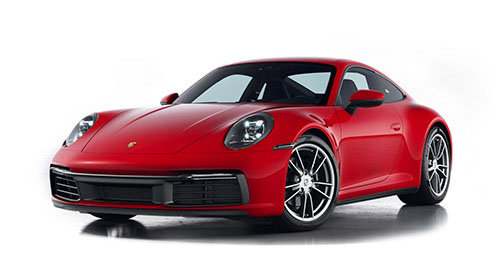 2022 911
2022 911
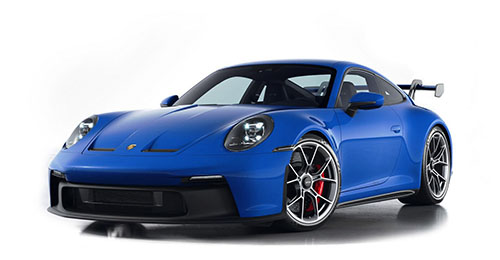 2022 911 GT3
2022 911 GT3
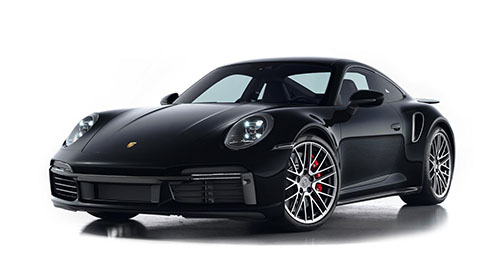 2022 911 Turbo
2022 911 Turbo
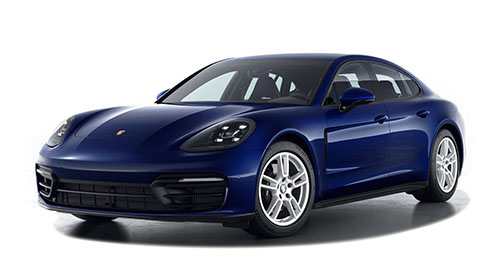 2022 Panamera
2022 Panamera
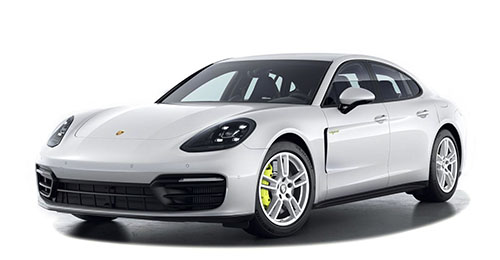 2022 Panamera E-Hybrid
2022 Panamera E-Hybrid
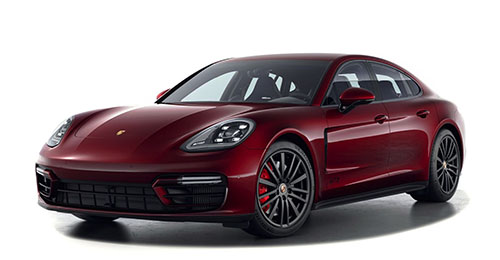 2022 Panamera GTS
2022 Panamera GTS
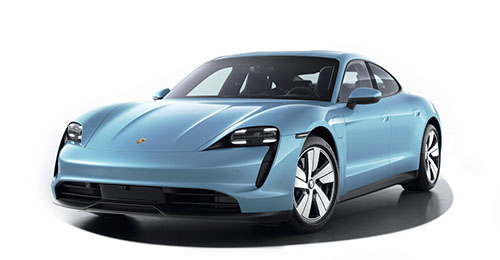 2022 Taycan
2022 Taycan
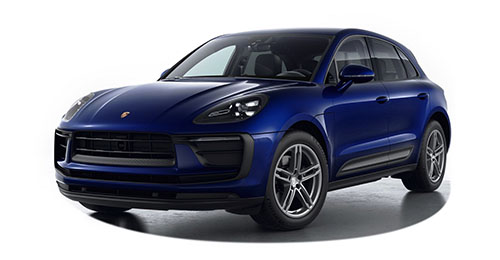 2022 Macan
2022 Macan
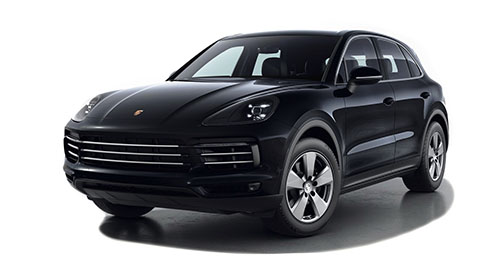 2022 Cayenne
2022 Cayenne
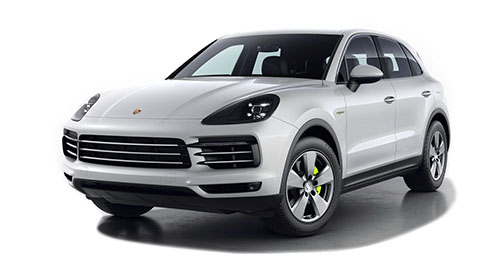 2022 Cayenne E-Hybrid
2022 Cayenne E-Hybrid
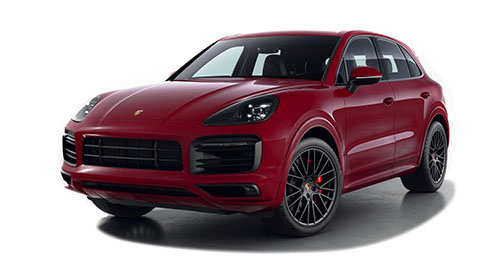 2022 Cayenne GTS
2022 Cayenne GTS
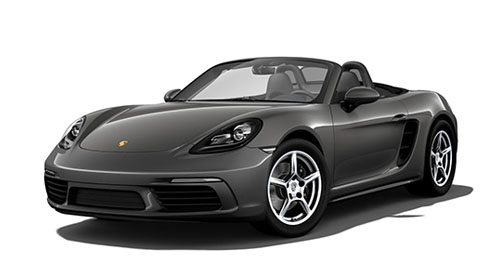 2021 718 Boxster
2021 718 Boxster
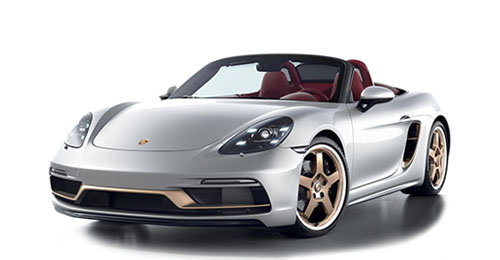 2021 718 Boxster 25 Years
2021 718 Boxster 25 Years
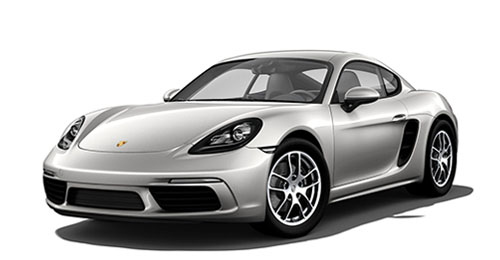 2021 718 Cayman
2021 718 Cayman
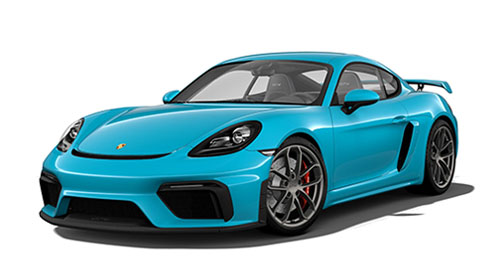 2021 718 Cayman GT4
2021 718 Cayman GT4
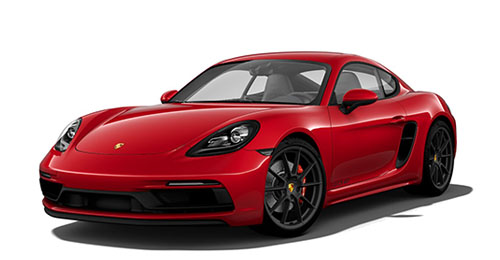 2021 718 GTS 4.0
2021 718 GTS 4.0
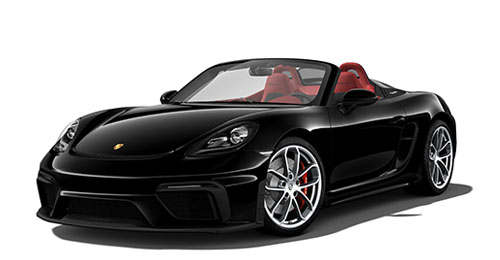 2021 718 Spyder
2021 718 Spyder
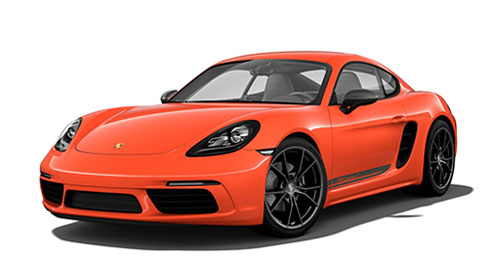 2021 718 T
2021 718 T
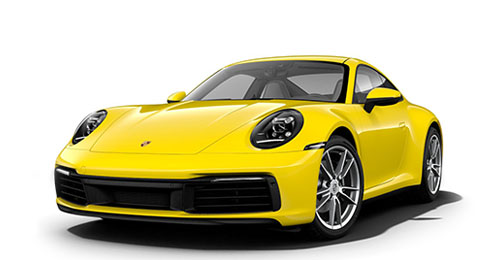 2021 911
2021 911
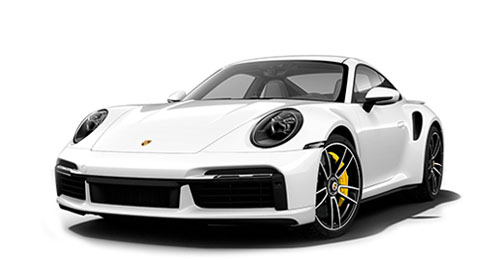 2021 911 Turbo
2021 911 Turbo
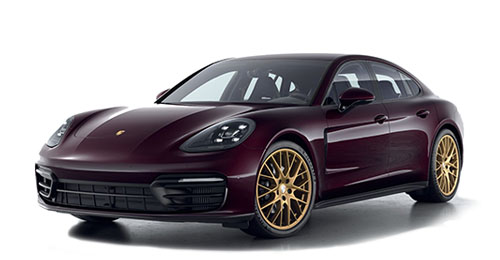 2021 Panamera
2021 Panamera
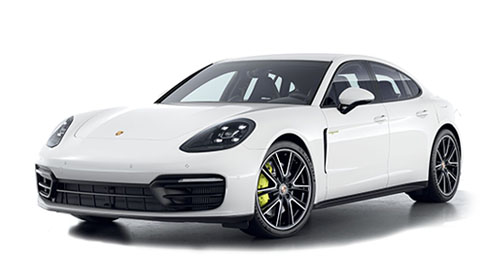 2021 Panamera E-Hybrid
2021 Panamera E-Hybrid
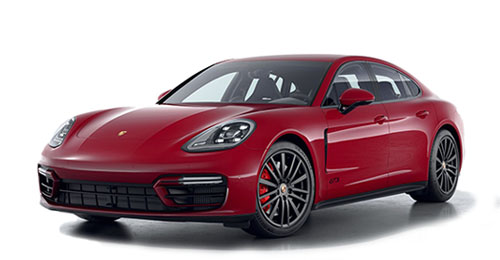 2021 Panamera GTS
2021 Panamera GTS
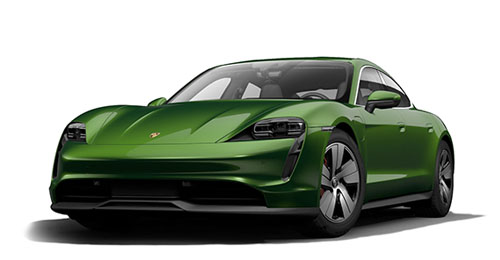 2021 Taycan
2021 Taycan
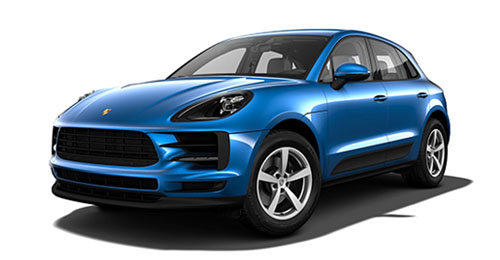 2021 Macan
2021 Macan
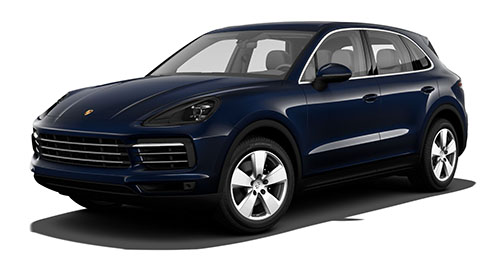 2021 Cayenne
2021 Cayenne
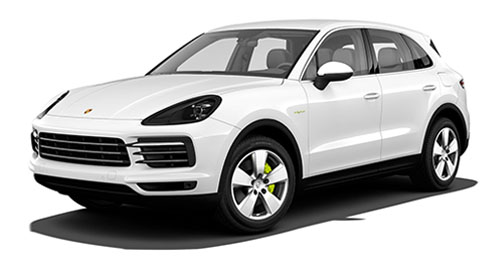 2021 Cayenne E-Hybrid
2021 Cayenne E-Hybrid
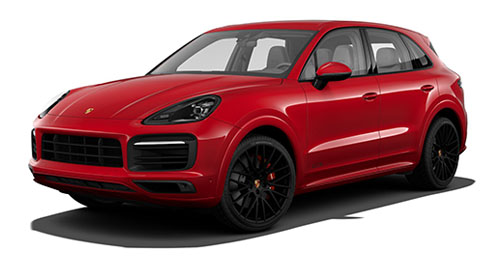 2021 Cayenne GTS
2021 Cayenne GTS
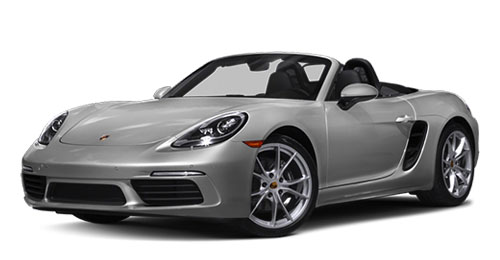 2020 718 Boxster
2020 718 Boxster
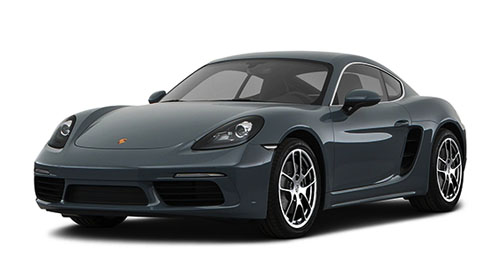 2020 718 Cayman
2020 718 Cayman
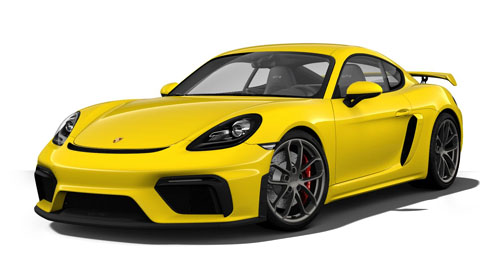 2020 718 Cayman GT4
2020 718 Cayman GT4
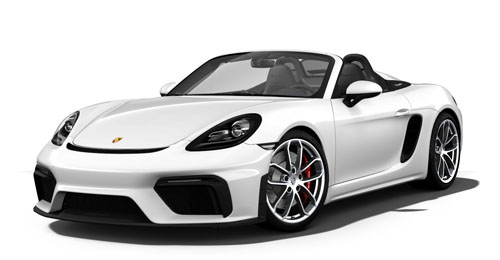 2020 718 Spyder
2020 718 Spyder
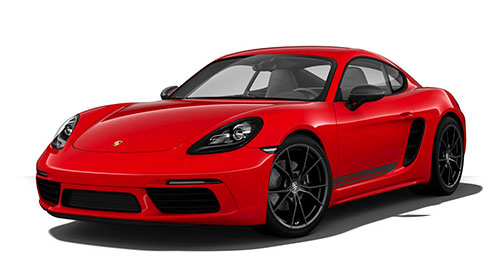 2020 718 T
2020 718 T
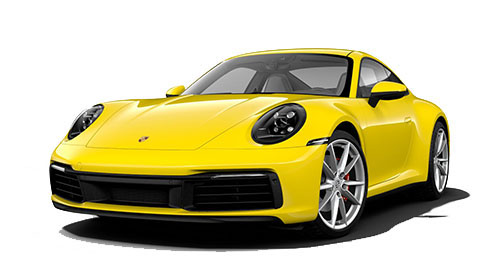 2020 911 Carrera
2020 911 Carrera
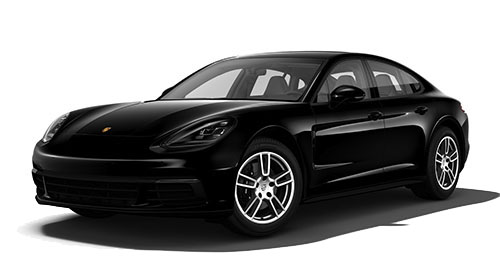 2020 Panamera
2020 Panamera
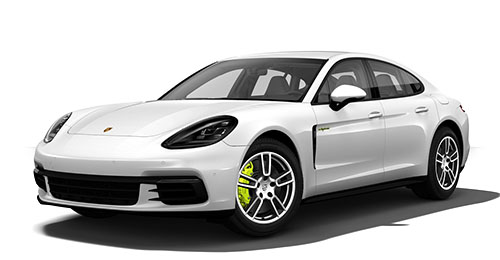 2020 Panamera E-Hybrid
2020 Panamera E-Hybrid
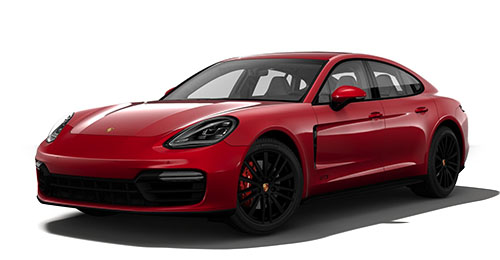 2020 Panamera GTS
2020 Panamera GTS
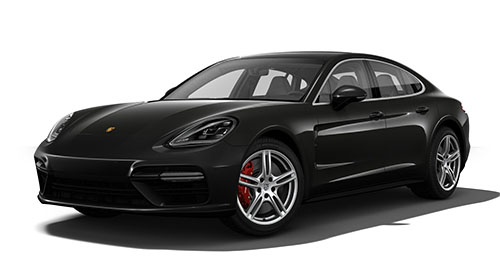 2020 Panamera Turbo
2020 Panamera Turbo
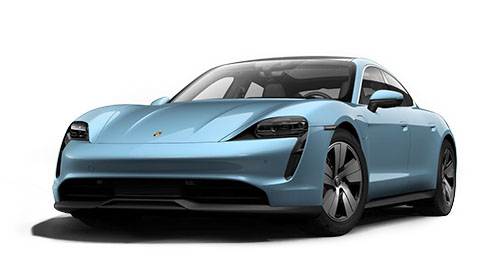 2020 Taycan
2020 Taycan
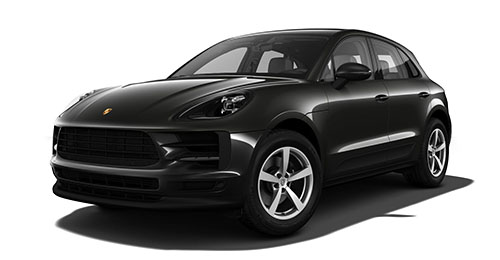 2020 Macan
2020 Macan
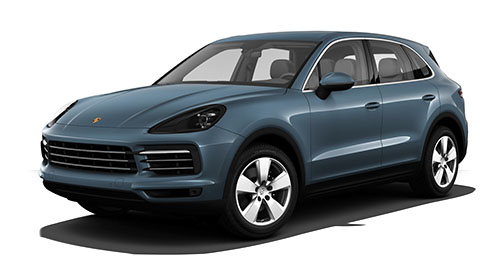 2020 Cayenne
2020 Cayenne
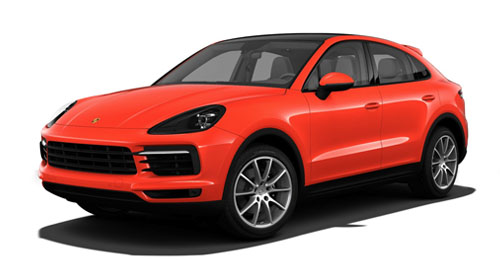 2020 Cayenne Coupe
2020 Cayenne Coupe
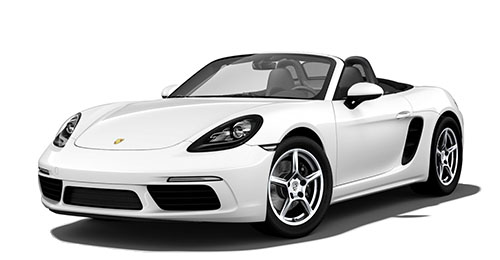 2019 718 Boxster
2019 718 Boxster
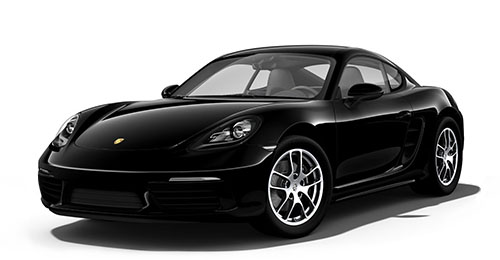 2019 718 Cayman
2019 718 Cayman
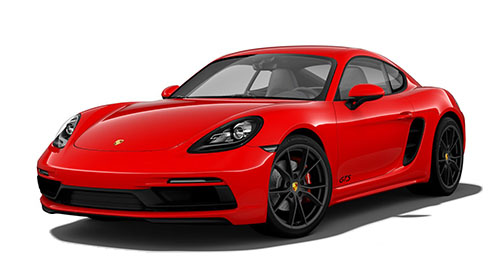 2019 718 GTS
2019 718 GTS
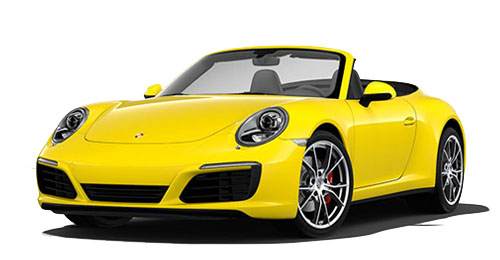 2019 911 Carrera
2019 911 Carrera
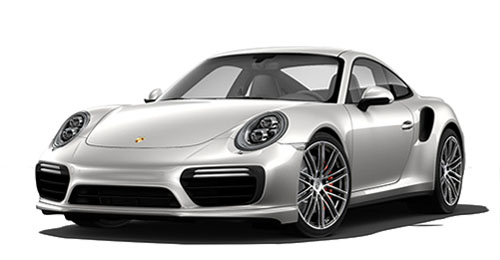 2019 911 Carrera T
2019 911 Carrera T
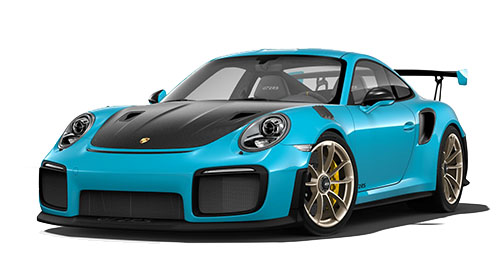 2019 911 GT2 RS
2019 911 GT2 RS
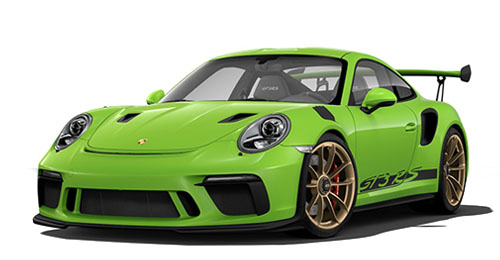 2019 911 GT3
2019 911 GT3
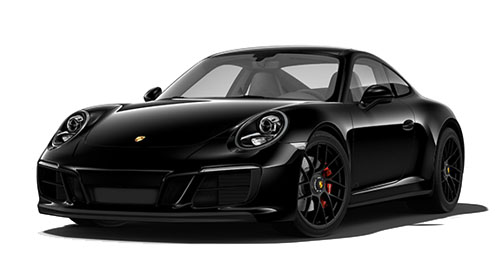 2019 911 GTS
2019 911 GTS
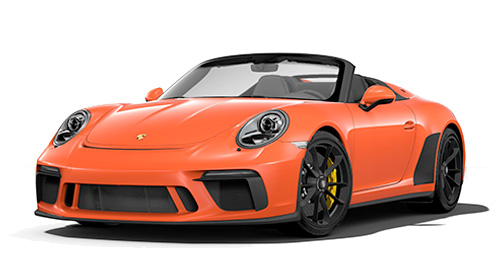 2019 911 Speedster
2019 911 Speedster
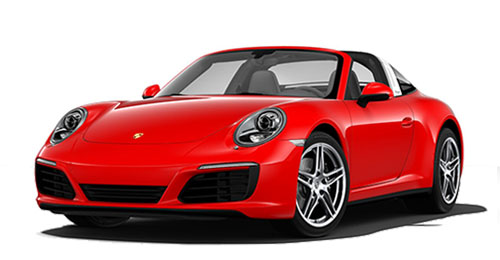 2019 911 Targa 4
2019 911 Targa 4
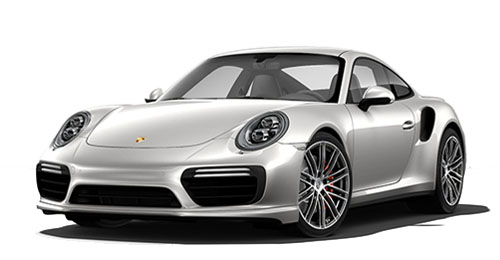 2019 911 Turbo
2019 911 Turbo
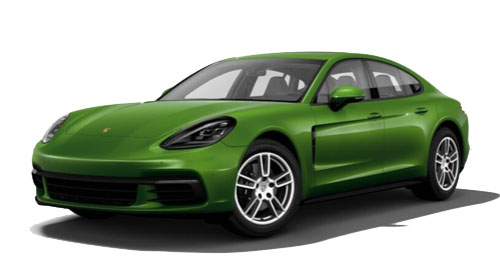 2019 Panamera
2019 Panamera
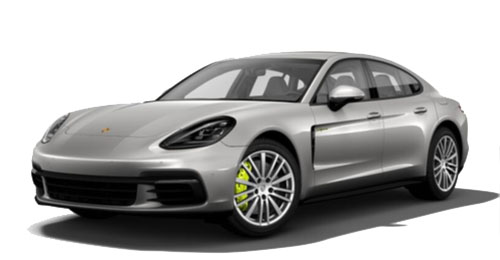 2019 Panamera E-Hybrid
2019 Panamera E-Hybrid
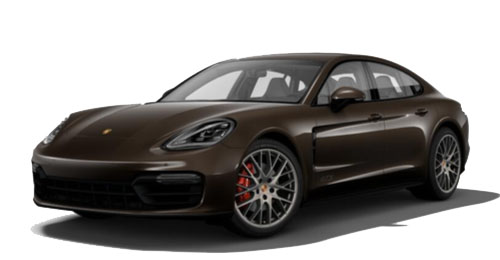 2019 Panamera GTS
2019 Panamera GTS
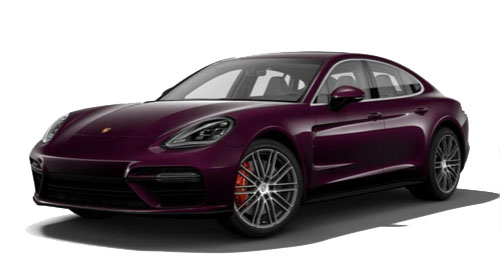 2019 Panamera Turbo
2019 Panamera Turbo
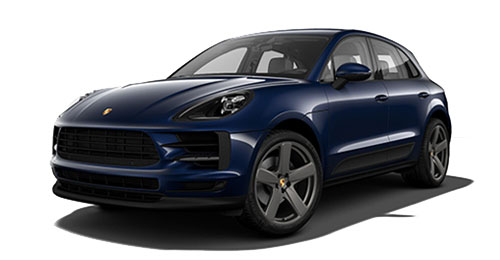 2019 Macan
2019 Macan
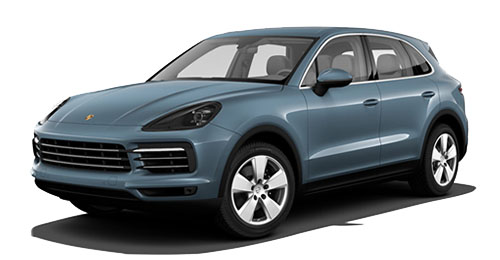 2019 Cayenne
2019 Cayenne
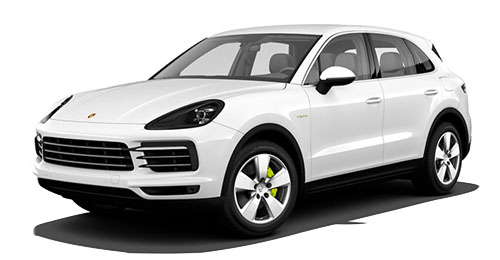 2019 Cayenne E-Hybrid
2019 Cayenne E-Hybrid
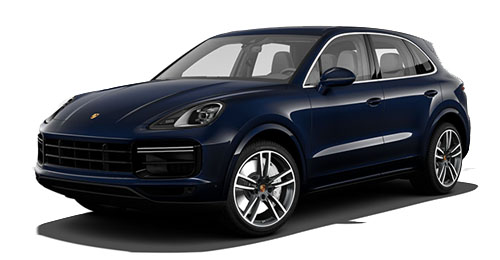 2019 Cayenne Turbo
2019 Cayenne Turbo
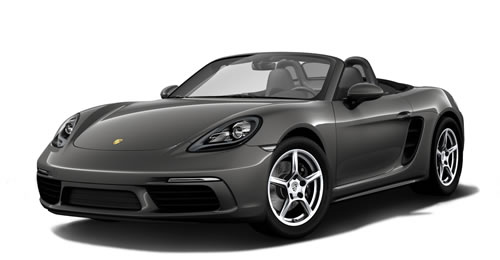 2018 718 Boxster
2018 718 Boxster
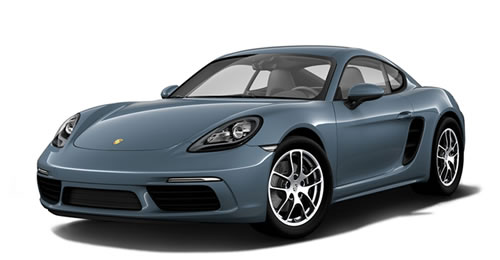 2018 718 Cayman
2018 718 Cayman
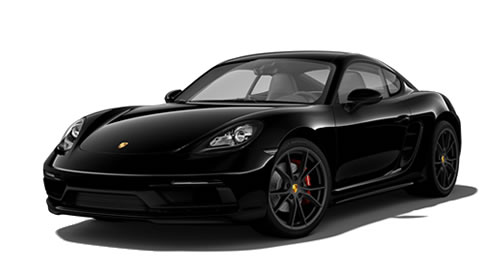 2018 718 GTS
2018 718 GTS
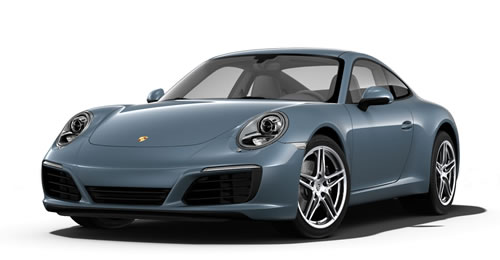 2018 911 Carrera
2018 911 Carrera
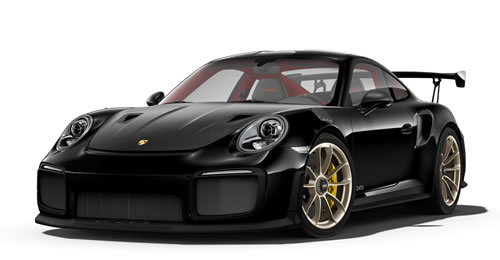 2018 911 GT2 RS
2018 911 GT2 RS
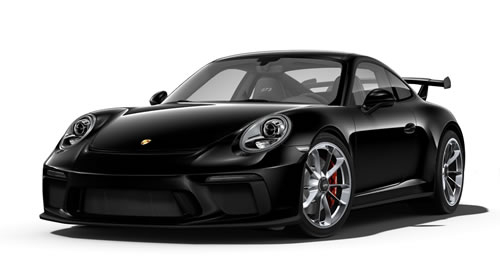 2018 911 GT3
2018 911 GT3
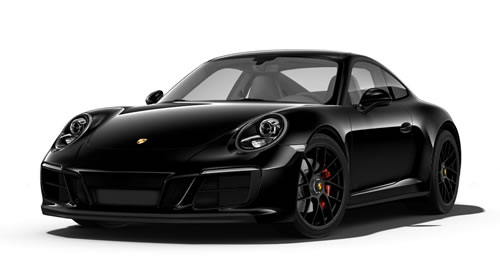 2018 911 GTS
2018 911 GTS
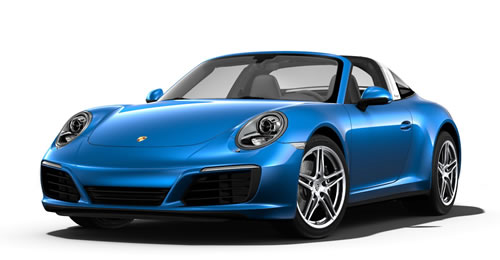 2018 911 Targa 4
2018 911 Targa 4
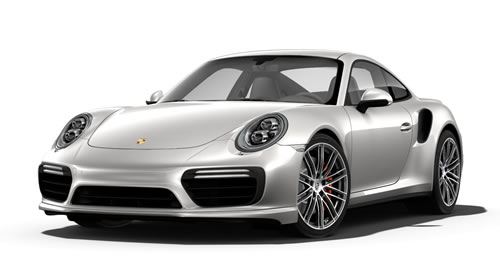 2018 911 Turbo
2018 911 Turbo
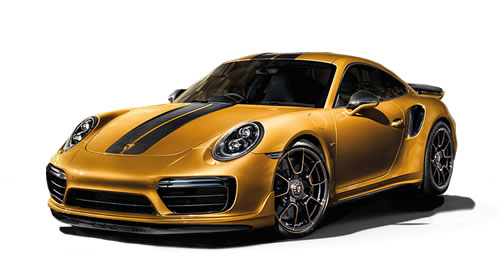 2018 911 Turbo S Exclusive
2018 911 Turbo S Exclusive
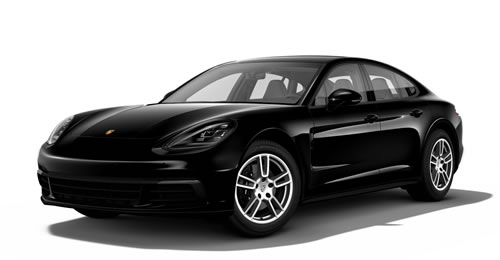 2018 Panamera
2018 Panamera
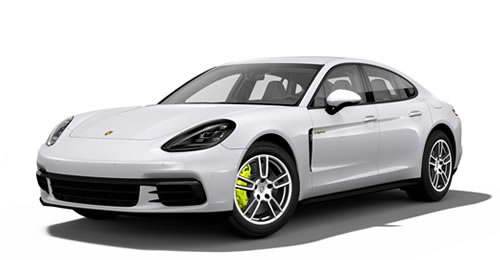 2018 Panamera E-Hybrid
2018 Panamera E-Hybrid
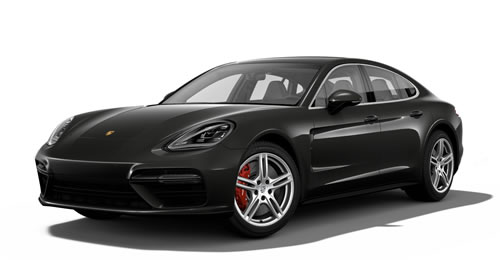 2018 Panamera Turbo
2018 Panamera Turbo
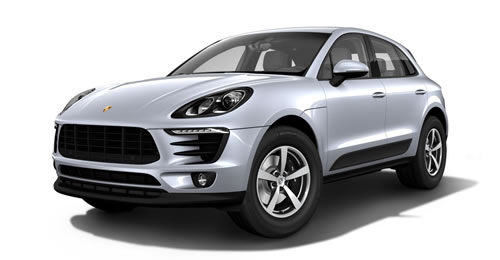 2018 Macan
2018 Macan
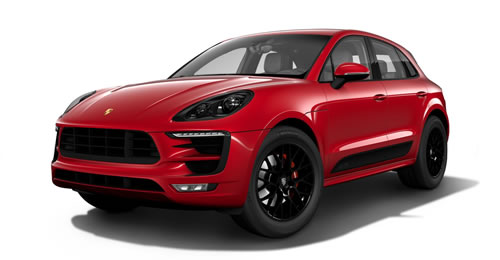 2018 Macan GTS
2018 Macan GTS
 2018 Macan Turbo
2018 Macan Turbo
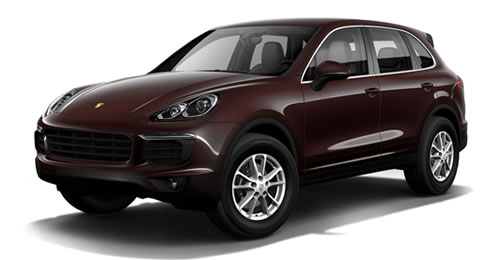 2018 Cayenne
2018 Cayenne
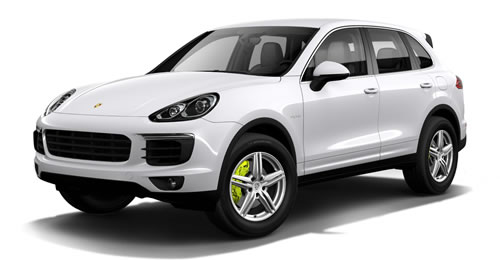 2018 Cayenne E-Hybrid
2018 Cayenne E-Hybrid
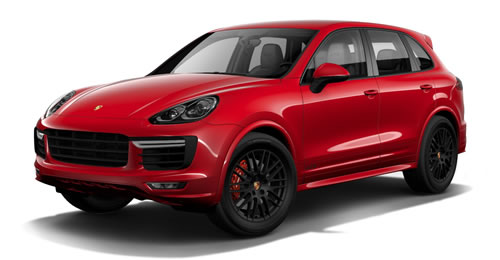 2018 Cayenne GTS
2018 Cayenne GTS
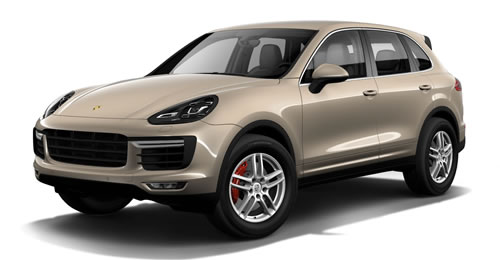 2018 Cayenne Turbo
2018 Cayenne Turbo
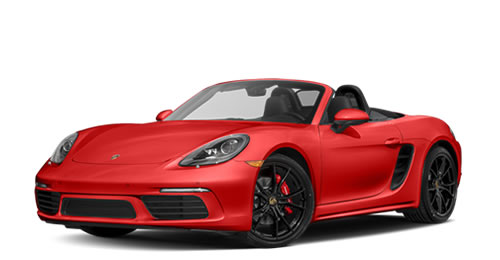 2017 718 Boxster
2017 718 Boxster
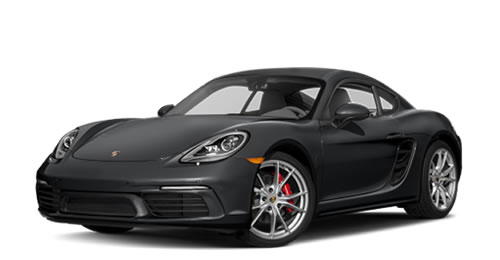 2017 718 Cayman
2017 718 Cayman
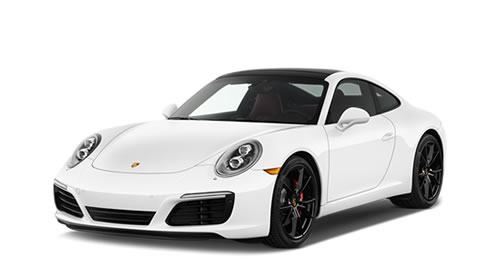 2017 911 Carrera
2017 911 Carrera
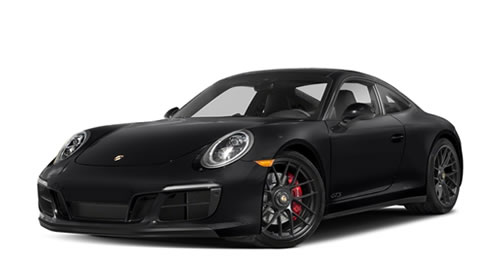 2017 911 GTS
2017 911 GTS
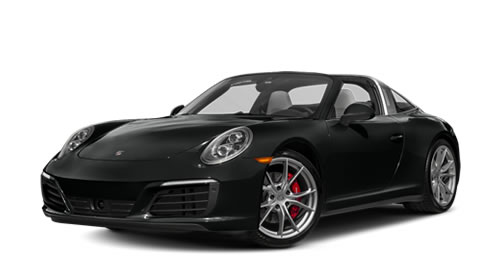 2017 911 Targa
2017 911 Targa
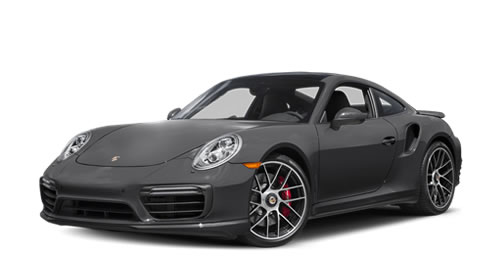 2017 911 Turbo
2017 911 Turbo
 2017 Panamera
2017 Panamera
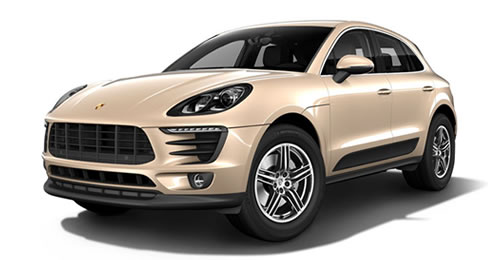 2017 Macan
2017 Macan
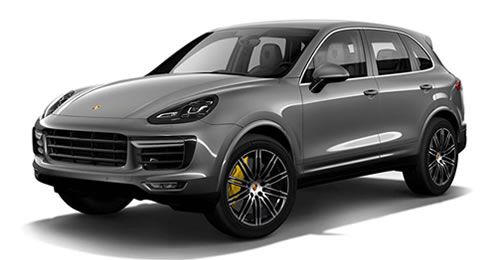 2017 Cayenne
2017 Cayenne
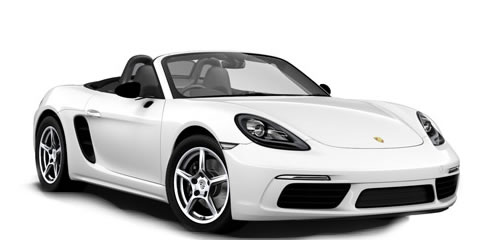 2016 Boxster
2016 Boxster
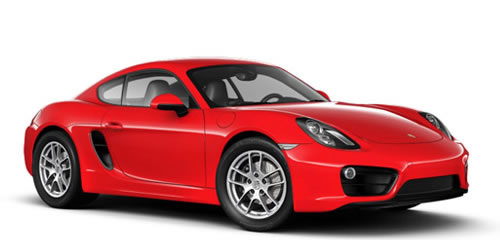 2016 Cayman
2016 Cayman
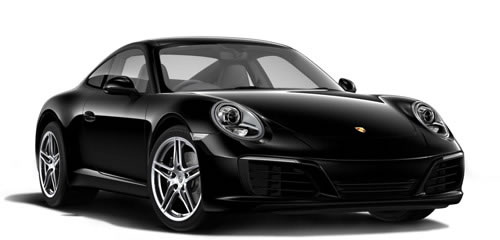 2016 911
2016 911
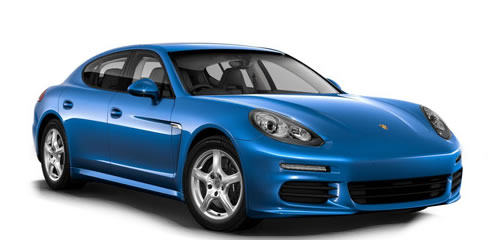 2016 Panamera
2016 Panamera
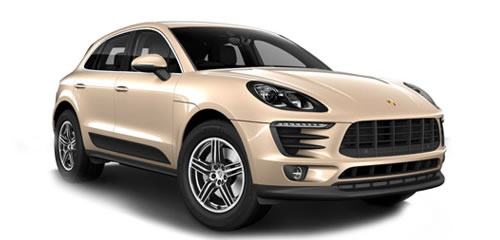 2016 Macan
2016 Macan
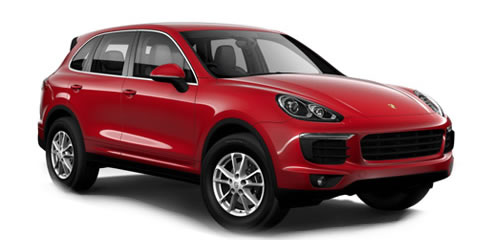 2016 Cayenne
2016 Cayenne
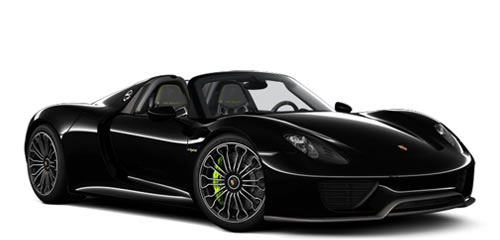 2015 918 Spyder
2015 918 Spyder
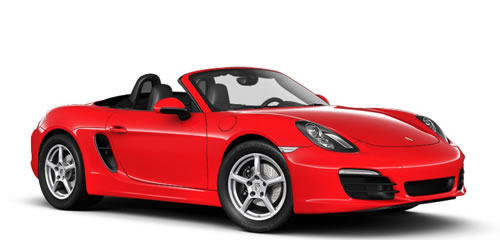 2015 Boxster
2015 Boxster
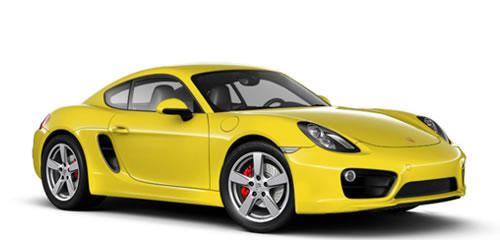 2015 Cayman
2015 Cayman
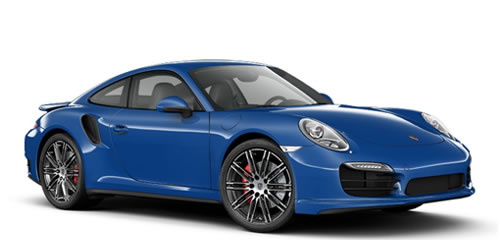 2015 911
2015 911
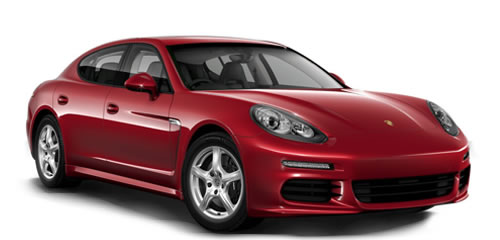 2015 Panamera
2015 Panamera
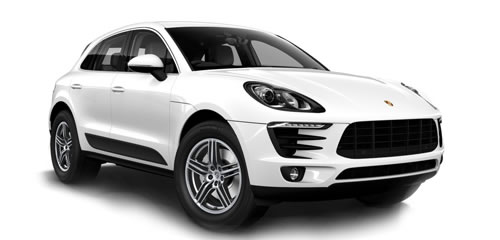 2015 Macan
2015 Macan
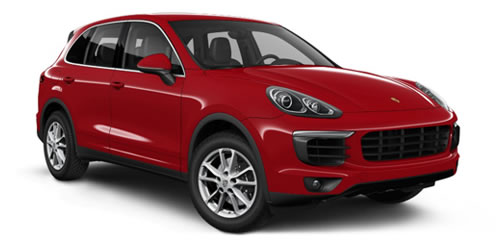 2015 Cayenne
2015 Cayenne












